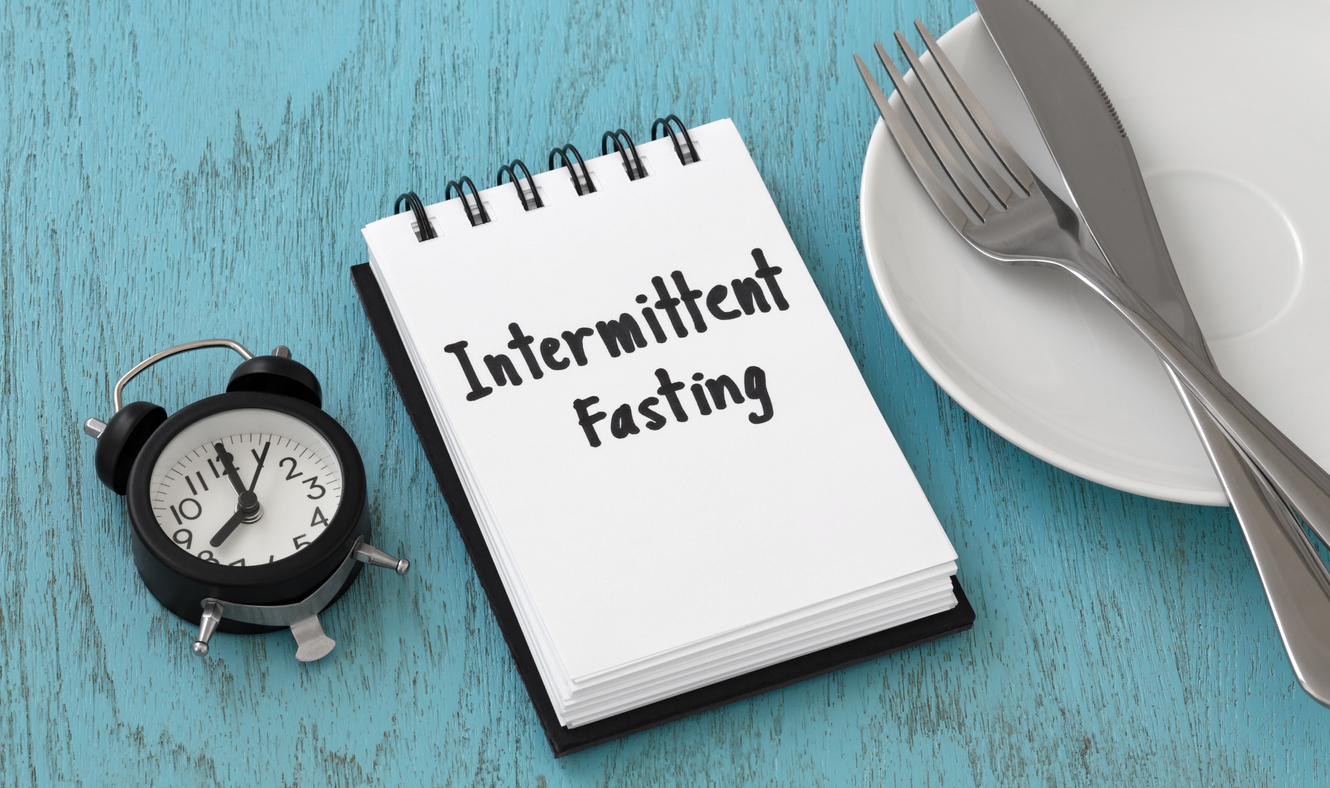Wellness
What is Intermittent Fasting?

Intermittent fasting is a diet plan that alternates regularly between fasting and eating. Rather than focusing on what food is being consumed, intermittent fasting is centered around when that food is consumed. It involves fasting for a certain number of hours during the day, or restricting meals to once per day for a few days out of the week. Research has confirmed that this method has success in the area of weight management, and has additionally been shown to prevent and reverse certain diseases.
How it works
Intermittent fasting works by exhausting the body’s sugar storage after several hours of fasting. When this occurs, “metabolic switching” happens, and the body begins to burn fat instead of sugar.
How it’s done
There are numerous ways to tackle intermittent fasting. Some of the most common approaches include the following:
- 16/8 Method
This approach restricts food intake to a six to eight-hour period during the day. Many people find this plan is easiest to stick to long-term. - 5:2 Method
This method involves eating normally for five days out of the week, and then limiting oneself to one 500-600 calorie meal per day on the other two days. - Eat-Stop-Eat
This involves fasting for 24 hours once or twice per week (for instance, not eating from dinner one day until dinner the very next day). Fasting days should not be consecutive. While fasting for longer periods of time (24-72 hours) is sometimes done, it may not be beneficial for the body. Additionally, it may prompt the body to begin storing fat in response to starvation.
Side effects
While a person is becoming accustomed to intermittent fasting, they may experience unpleasant side effects. They may include, but are not limited to, the following:
Research shows that these side effects will decrease after two to four weeks of intermittent fasting. Studies have found that individuals who stick with the plan past this adjustment period have a higher success rate.
Benefits
Intermittent fasting allows a person to enjoy the foods that they normally would, as long as eating during a certain time frame. This grants individuals who partake in the diet plan the ability to still enjoy the foods they love and the experience of sharing meals with others. Most other diets that restrict the type of food a person consumes do not allow for this.
Studies have shown that intermittent fasting impacts the body and brain in ways that reap several health benefits. This includes, but is not limited to, the following:
- Greater mental clarity
- Longer life span
- Lower risk of type 2 diabetes
- Reduced risk of inflammatory bowel disease
- Decrease in certain types of cancer
- Lower risk of age-related neurodegenerative disease
- Reduced inflammation associated with arthritis, asthma, stroke, multiple sclerosis, and Alzheimer’s
Risks
Intermittent fasting is not a one-size-fits-all diet plan. There are certain groups of people who should not take part in this diet plan as they may experience dangerous results. They include, but are not limited to, the following:
- Anyone under 18
- Those with type 1 diabetes who take insulin
- Women who are pregnant or breastfeeding
- Individuals with a history of eating disorders
It is also recommended that anyone with a history of kidney stones, gastroesophageal reflux, or diabetes consult with a health care professional prior to beginning an intermittent fasting plan.

















